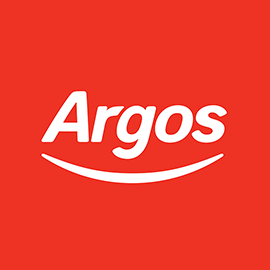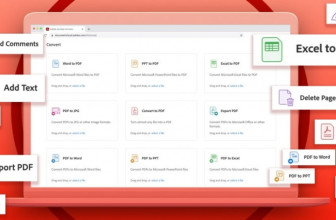
For a few months now, Mozilla and Pocket have been testing a new initiative to bring users a high-quality personalized experience while also protecting their privacy. Today, Mozilla announced that their experiment has been a success, and now they are expanding it to all Firefox 60 users in the US.
In early 2017, Mozilla acquired the save-for-later reading service Pocket. Part of the allure of the service for Mozilla was a robust content recommendation system that was powered by humans. Since then, Mozilla has been experimenting with a new sponsored content model that uses Pocket to power recommendations on the New Tab page.
The idea here is that users shouldn’t have to choose between protecting their privacy and great personalization during their web browsing. What’s more, there should be a way to deliver sponsored content and still respect the preferences and privacy of the user. Mozilla accomplishes this by making recommendations locally through a user’s copy of Firefox. Neither Mozilla nor Pocket ever see a copy of the person’s browser history. Additionally, all sponsored content is clearly marked, and users have the option to disable it entirely if they so choose.
Right now, data privacy is in the headlines on a daily basis. Many believe that sacrificing privacy is necessary for a good, personalized internet experience. Mozilla’s goal is to make it clear that tradeoff isn’t necessary. It will be interesting to see how this program fares with a wider audience.
Source: engadget.com









































